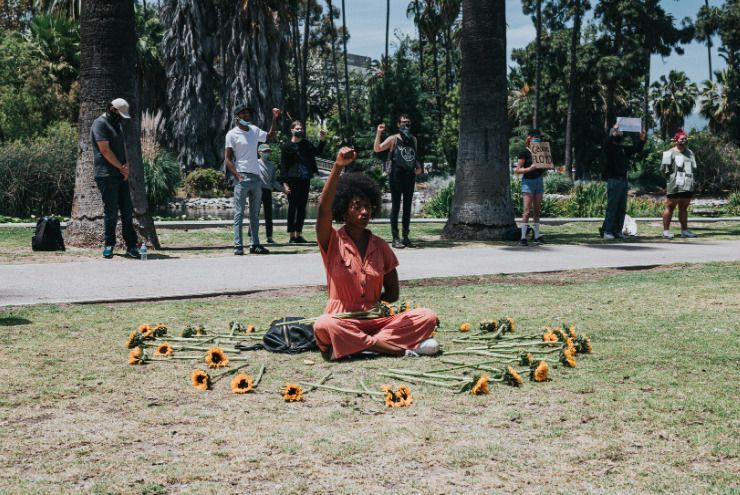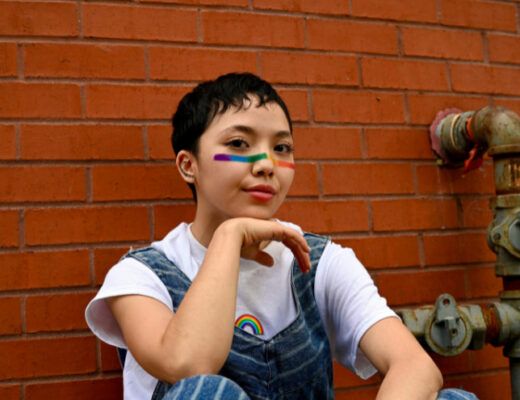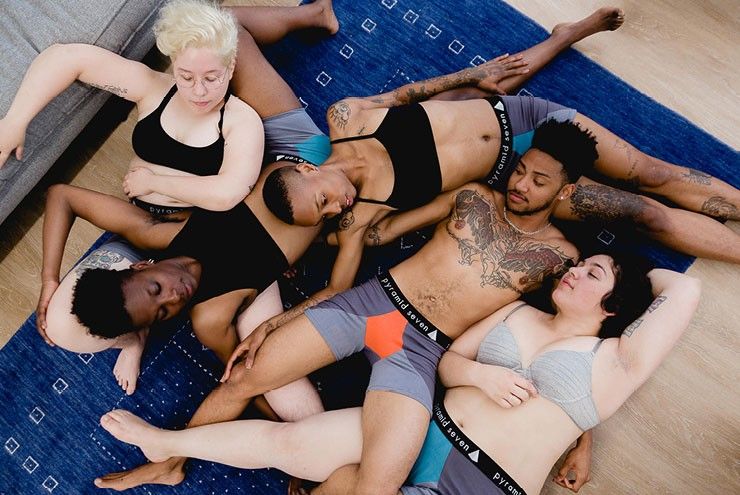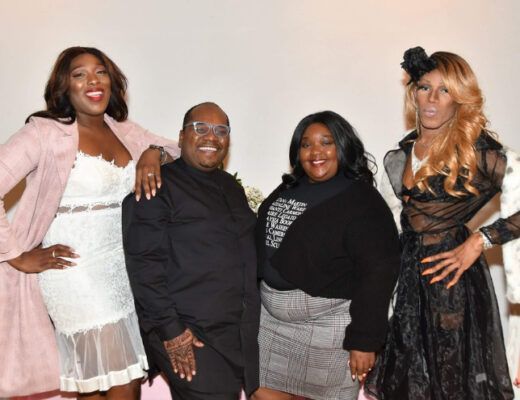By Jasmine Phillips
Well, Black History Month is officially over. As someone in the Black community, the fact that our history is confined to the shortest month of the year is troublesome to say the least. The month is also shared with other holidays, like Valentine’s Day, that tend to dominate the conversation, putting Black History Month on the back burner. And when Black History is acknowledged, it’s often focused on slavery, oppression, and campaigns featuring quotes from the most well-known Black historical figures: Martin Luther King, Malcolm X, and Rosa Parks. While educators feel that they are doing a “good service” by providing their students with this information, so much of Black History is left unrecognized. What about the lifestyle of the Black community? What about our culture? What about our LGBTQ community?
If we must share Black History Month with Valentine’s Day, then why not discuss Black love? Black love is beautiful, amazing, and powerful in ways unlike other types of love. We deserve to have conversations about Black queer love, relationship dynamics, and pleasure beyond the HIV/AIDS and domestic violence narratives that most often monopolize these dialogues.
What about Black LGBTQ pioneers? Why are their names not among the “greats” who are taught? Their absence is a prime example of educators acting as gatekeepers, the Black figures who are taught filtered to their liking.
In my January article, I touched on the ways in which the intersection of Black and LGBTQ histories is taught in schools, and how both communities often contribute to the exclusion of the other. There have been so many contributions from folks who identify as both Black and LGBTQ who deserve to be acknowledged. I don’t put the blame entirely on the education system, either. LGBTQ organizations must expand beyond their white, gay male focus and support the Black LGBTQ movers and shakers on the ground not just in February, but all year long. This is the only way to help close this divide.
As a Black queer person, I’m challenging myself to practice what I preach and to support both of my communities (and the overlap between them) each and every day. Will you join me?








Kanitra Williams
March 12, 2021 at 10:49 AMGreat article thanks for being a voice for us.
Jasmine Phillips
March 12, 2021 at 11:16 AMThank you for your continued support ! 🙂